









كاميرا فوجي فيلم FUJIFILM X-E4 بدون مرآة (بدي فقط)
3,700
المواصفات الرئيسية
- 26.1MP APS-C X-Trans BSI CMOS 4 Sensor
- X-Processor 4 Image Processor
- DCI/UHD 4K at 30 fps, Full HD at 240 fps
- 2.36m-Dot 0.62x OLED EVF
- 3.0″ 1.62m-Dot 180° Tilting Touchscreen
- 425-Point Hybrid AF System
- ISO 160-12800, up to 30-fps Shooting
- Bluetooth and Wi-Fi Connectivity
- Film Simulation Modes
غير متوفر في المخزون
Sleek and stylish, the silver FUJIFILM X-E4 is a rangefinder-styled mirrorless camera offering a well-rounded blend of stills and video capabilities. Featuring the same 26.1MP X-Trans CMOS 4 APS-C sensor and X-Processor 4 from the flagship model, the X-E4 offers rich color rendering, wide dynamic range, and an impressive sensitivity range for working in difficult lighting conditions. In terms of speed, DCI/UHD 4K as well as slow-motion Full HD recording is supported and, for stills, fast continuous shooting up to 8 fps is possible. Additionally, the sensor’s design also houses a hybrid autofocus system that combines 425 phase-detection points with a contrast-detection system for quick and accurate AF performance.
Beyond imaging is where the X-E4 remains one of the most distinct and beloved cameras in FUJIFILM’s lineup, with its sleek and simplistic styling reminiscent of a rangefinder. The 2.36m-dot OLED electronic viewfinder is positioned in the top corner for comfortable eye-level viewing and the rear 3.0″ touchscreen LCD has a 180° tilting design to suit working from high and front-facing angles. Additionally, built-in Wi-Fi and Bluetooth enables wireless remote camera control and image sharing to a mobile device.
26.1MP APS-C X-Trans BSI CMOS 4 Sensor and X-Processor 4
Revolving around a highly versatile sensor, the X-E4 features an APS-C-format 26.1MP X-Trans CMOS 4 sensor, which has a back-illuminated design to afford smooth tonal rendering, improved low-light performance, and a wide native sensitivity range of ISO 160-12800. As an X-Trans sensor, it utilizes a randomized pixel array, too, which provides a high degree of image quality and sharpness due to the omission of an optical low-pass filter. Versus conventional pixel patterns, the X-Trans design more closely mimics the organic nature of film in order to produce nuanced colors and tonal transitions, while also reducing moiré and aliasing.
The sensor’s design also includes an expanded phase-detection autofocus system, which has 425 selectable points that cover nearly the entire sensor area. This AF system delivers faster, more accurate focusing performance in a variety of lighting conditions down to -7 EV. Complementing the imaging and focusing capabilities, an updated X-Processor 4 is also featured, which has a quad-core CPU, and delivers faster, more responsive performance throughout the camera system, including a full-resolution 8 fps shooting rate with the mechanical shutter, 20 fps rate with an electronic shutter, or a 30 fps rate with an electronic shutter and a 1.25x crop.
UHD and DCI 4K Video Recording
Expanding its capabilities beyond stills, the X-E4 offers a versatile array of video capabilities, including internal DCI/UHD 4K recording at up to 30 fps and Full HD recording up to 240 fps for ultra slow-motion playback. Greatly benefitting overall video performance, the speed of the X-Processor 4 enables fast read speeds when recording video and helps to reduce rolling shutter distortion when filming moving subjects. Also, a micro-HDMI port enables 10-bit 4:2:2 recording to an optional external recorder.
Also, the camera features a 3.5mm microphone jack and 2.5mm remote port with included headphone adapter for more advanced audio solutions.
Body Design
- Bright, high-resolution 2.36m-dot OLED electronic viewfinder has a 0.62x magnification for clear and comfortable eye-level viewing.
- Tilting 3.0″ 1.62m-dot LCD has a touchscreen design for intuitive operation and playback, and the 180° upward tilting design greatly benefits working from high and front-facing shooting angles.
- The top plate incorporates a series of physical controls for fast, intuitive tuning exposure settings, including dedicated shutter speed and exposure compensation dials that offer direct adjustment, even when the camera is off. This exposure compensation dial also has a C position to afford an expanded +/- 5 EV range when working with the command dials.
- Rear joystick is available for intuitive selecting and switching of AF points as well as menu navigation and image playback.
- Integrated Bluetooth and Wi-Fi connectivity allows for wirelessly sharing images to a mobile device or to use the device to remotely control the camera.
- Single SD memory card slot supports the UHS-I standard.
- Included NP-W126S battery provides approximately 380 frames per charge when working with the EVF.
Film Simulation Modes
- Taking advantage of FUJIFILM’s vast history in traditional film-based photography, the X-E4 integrates several Film Simulation modes, which mimic the look and feel of some of FUJIFILM’s classic film types:
- Provia: The standard contrast and normal saturation color transparency film
- Velvia: High contrast, high color saturation, and vivid color transparency film
- Astia: Subdued contrast and color saturation with a look that is ideal for portraits
- Classic Chrome: Delivers muted tones and deep color reproduction, similar to a dated slide film
- Classic Neg: Muted contrast but vibrant colors with a vintage filmic feel
- PRO Neg: Available with both Hi and Std. contrast options, this mimics the punchy-but-natural feeling of their professional-grade color negative film
- Eterna: For a cinematic look, this provides a flat color, low saturation look well-suited to post-production color grading
- Eterna Bleach Bypass: Refines the standard Eterna look with a higher key, higher contrast feeling while maintaining the overall desaturated look
- Acros: Based on the popular B&W film, this monochrome mode has a distinct tonality and graininess and can be used along with Yellow, Red, and Green contrast filter effects
- B&W: Straightforward and classic black and white effect with Yellow, Red, and Green contrast filter options
- Sepia: Everyone’s favorite old-timey look mimicking the popular alternative process
- In addition to simulating specific film types, a Grain Effect mode is also available to replicate the look of old film photos with an organic textured appearance, which is especially noticeable when printing. Color Chrome and Color Chrome Blue effects are also available to deepen color, tonal response, and gradation with higher saturation colors.


الشحن المحلي والدولي
نعتمد في شركة بروفيلم على شركات شحن عالمية لتوصيل الطلبات داخل وخارج البلد. ونضمن وصول المنتج إلى صاحب الطلب، وفي حال حصول أي خلل تتحمل شركة الشحن المسؤولية ونقوم بتعويض صاحبه.
أبرز شركات الشحن
- لدينا تعاقد من شركة DHL لتوصيل الطلبات إلى دول الخليج العربي والدول العربية والأجنبية.
- لدينا تعامل مع عدة شركات لوجيستك لنقل البضائع وتسليمها بالسرعة المطلوبة.
- نقدم خدمة الشحن المجاني في دول الخليج العربي لبعض المنتجات ولبعض دول العالم.
في حال احتجتم إلى معلومات عن شحن أي منتج تودون طلبه من شركة بروفيلم يرجى التواصل مع الإدارة عبر الإيميل أو رقم الواتس أب الموجود على صفحات الموقع وسنقوم بإعطائكم المعلومات الكاملة عم الشحن والتكلفة ووقت الوصول.
Related products
كاميرا Fujifilm Instax Mini 12 2023 الفورية الجديدة متعددة الألوان
كاميرا Sony Alpha a7III سوني ألفا a7III الرقمية بدون مرآة (الهيكل فقط)
- مستشعر Exmor R BSI CMOS كامل الإطار بدقة 24 ميجابكسل
- معالج الصور BIONZ X وواجهة LSI الأمامية
- نظام التركيز البؤري التلقائي 693 نقطة والتصوير بمعدل 10 إطارات في الثانية
- فيديو UHD 4K30p مع HLG وS-Log3 Gammas
- محدد المناظر الإلكتروني OLED Tru-Finder مقاس 2.36 م نقطة
- شاشة لمس LCD قابلة للإمالة مقاس 3.0 بوصات بدقة 922 ألف نقطة
- 5 محاور للتثبيت الداخلي
- ISO 204800 وPixel Shift تصوير متعدد
- واي فاي مدمج وNFC، وفتحات SD مزدوجة
- منفذ USB من النوع C، تصميم مقاوم للطقس
كاميرا سوني SONY ZV-E10 بدون مرآة مع عدسة 16-50 لتصوير فلوق يوتيوب ومحتوى الفيديو
Main Features
- حساس مستعشر 24.2MP APS-C Exmor CMOS
- تصوير فيديو UHD 4K30p and Full HD 120p
- شاشة متحركة لمسية 3.0-LCD
- أوتوفوكس 425-Point Fast Hybrid AF
- سرعة تصوير متواصل حتى 11
- نطاق إيزو ISO 100-32000
- تركيز بؤري Real-Time Eye AF and Tracking
- عمل عزل في الخلفية Background Defocus & Face Priority AE
- ميكرفون مدمج Directional 3-Capsule Mic مع فروة لعزل صوت الهواء
- مداخل سماعة وميكرفون
- مع عدسة E PZ 16-50mm f/3.5-5.6 OSS
كاميرا سوني ألفا a6400 الرقمية بدون مرآة (الهيكل فقط)
- 24.2MP APS-C Exmor CMOS Sensor
- BIONZ X Image Processor
- Real-Time Eye AF & Real-Time Tracking
- XGA Tru-Finder 2.36m-Dot OLED EVF
- 3.0" 921.6k-Dot 180° Tilting Touchscreen
- Internal UHD 4K Video, S-Log3, and HLG
- S&Q Motion in Full HD from 1-120 fps
- Built-In Wi-Fi with NFC
- 425 Phase- & Contrast-Detect AF Points
- Up to 11 fps Shooting and ISO 102,400
Sony Alpha a7R IV Mirrorless Digital Camera (Body Only)
كاميرا كانون Canon EOS 5D Mark IV DSLR (بودي فقط)
- 30.4MP Full-Frame CMOS Sensor
- DIGIC 6 Image Processor
- 3.2" 1.62m-Dot Touchscreen LCD Monitor
- DCI 4K Video at 30 fps; 8.8MP Still Grab
- 61-Point High Density Reticular AF
- Native ISO 32000, Expanded to ISO 102400
- Dual Pixel RAW; AF Area Select Button
- Dual Pixel CMOS AF and Movie Servo AF
- 7 fps Shooting; CF & SD Card Slots
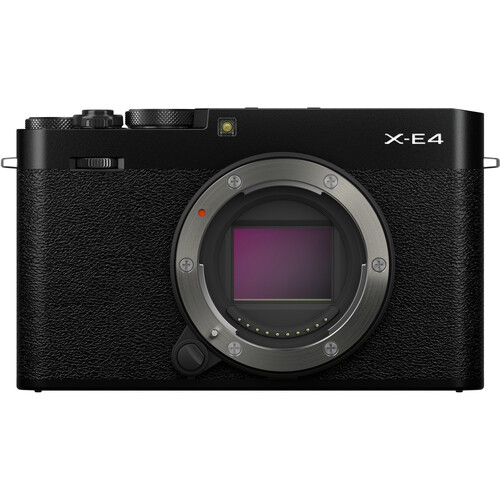
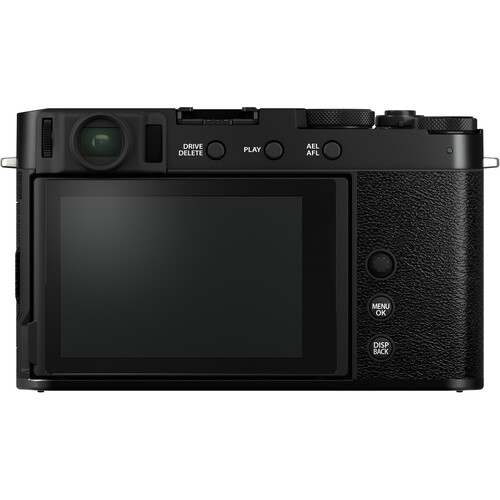

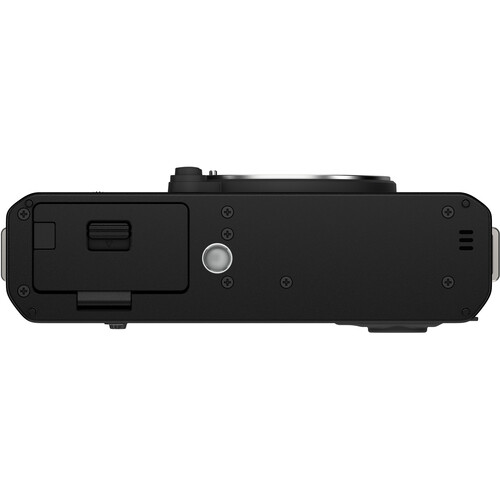

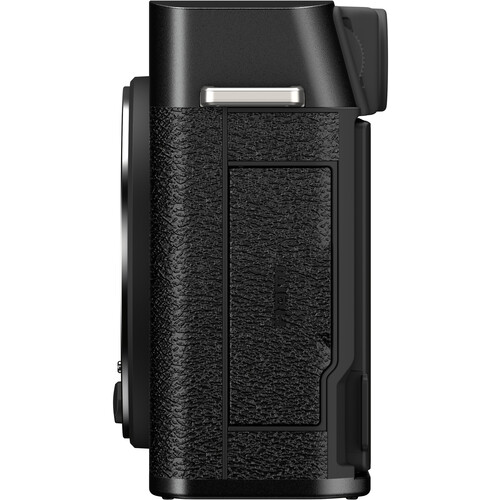

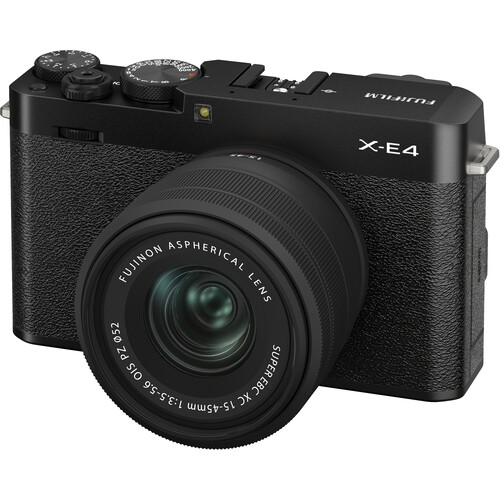

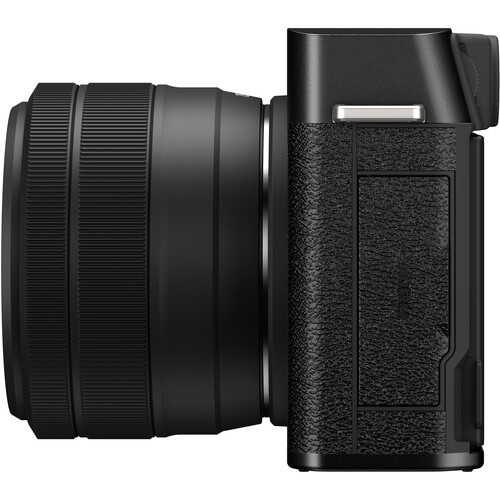




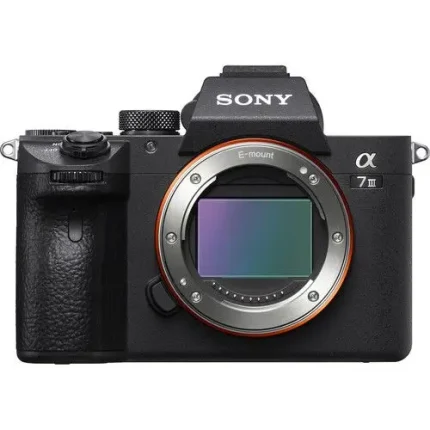

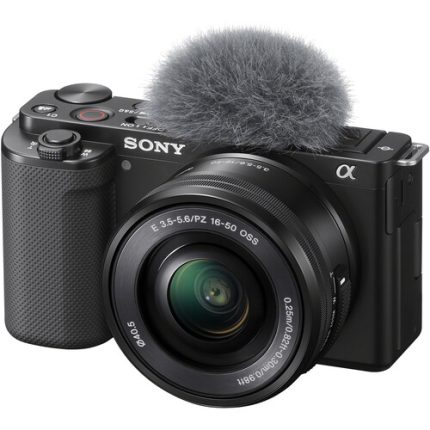
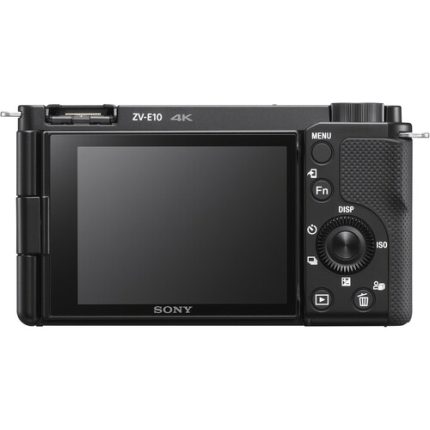
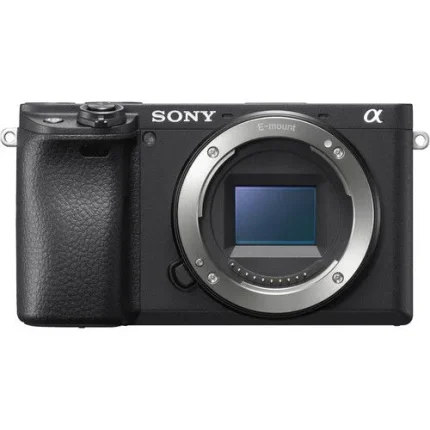
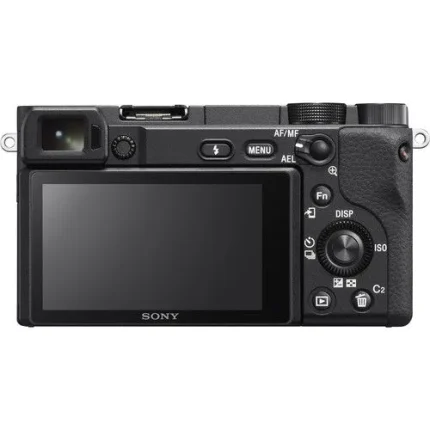
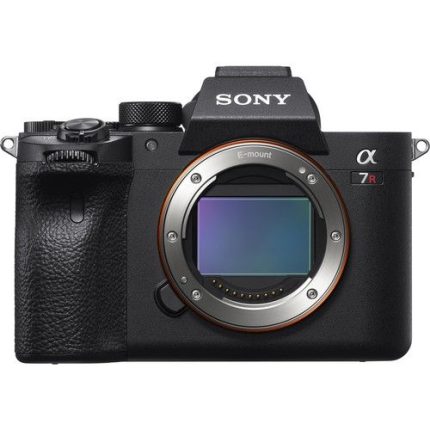
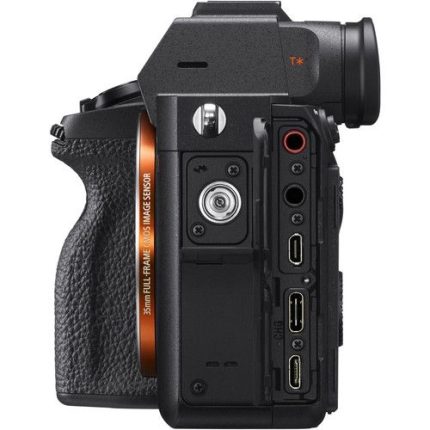

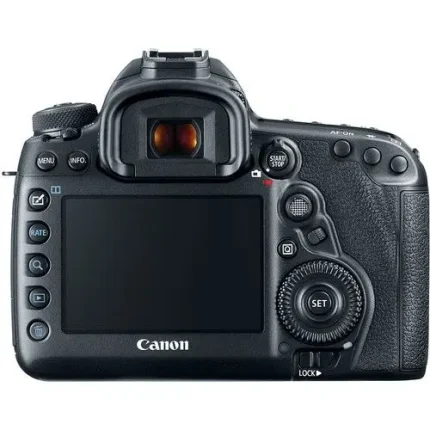




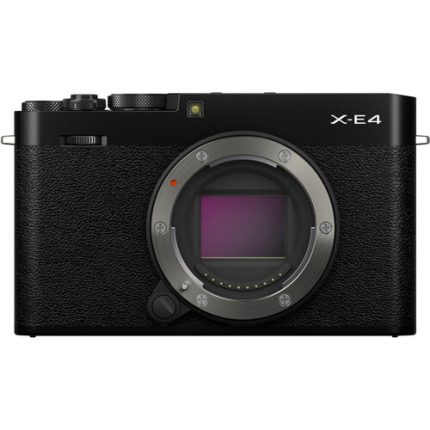

Reviews
There are no reviews yet.